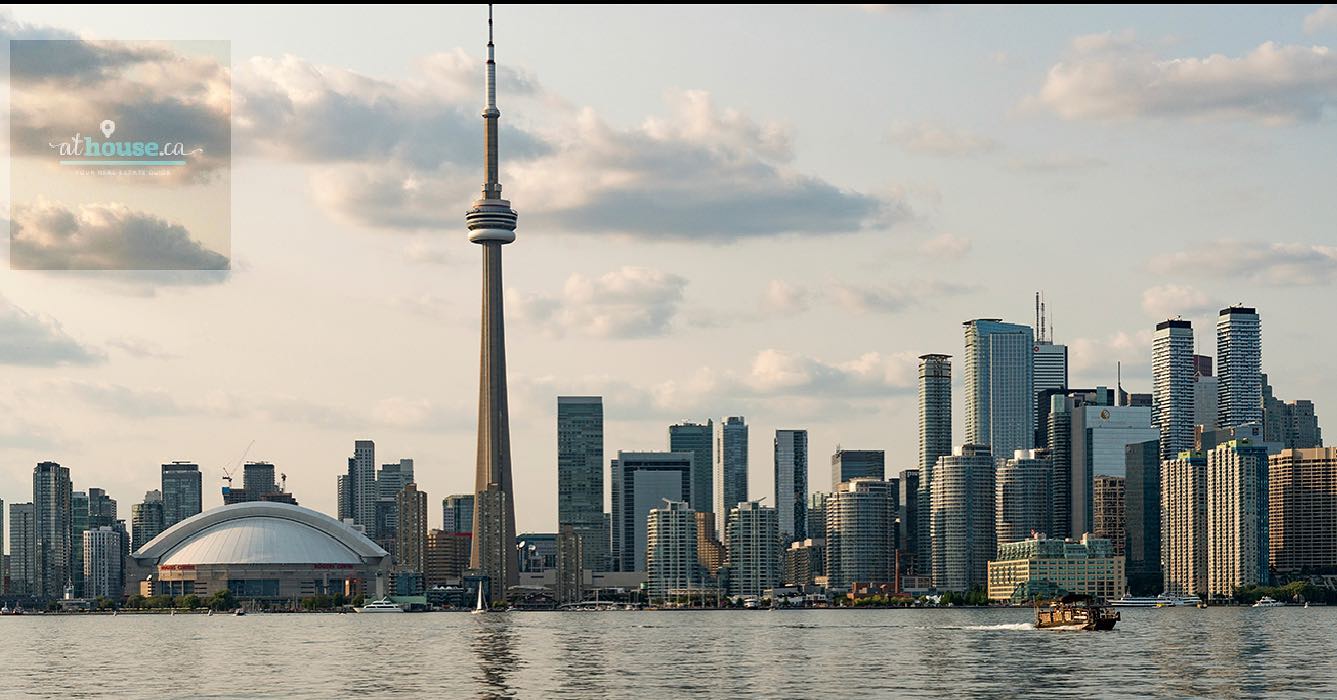Positive News about COVID-19

Whenever you turn on the news, all the major headlines revolve around social distancing and lockdown measures, the growing number of confirmed positive cases of COVID-19, the number of deaths around the world, and the economic and financial market fallouts due to business closures. However, beyond the grim headlines and in the unprecedented times that we are currently in, there are some good news. Here is a roundup of some these positive news.
As of mid-March 2020:
Improvement in Coronavirus Test Time
The typical turnaround time to get results from a coronavirus test is between 5 and 7 days. This has improved. Metro Health Medical Center in the U.S. has developed a COVID-19 test that can provide results in hours instead of days. Samples are tested at their laboratory with results available in just 2 hours. Although supplies for this testing are still limited, it is a step up towards faster and more expansive testing of COVID-19.
Manufacturers are Shifting their Production Lines to Help with the Battle against COVID-19
To help combat the depleting stocks of hand sanitizers, distilleries across North America and Australia are making hand sanitizers and giving them away for free. Distilleries have a lot of high-proof alcohol in stock, and they are using their arsenal and large-scale manufacturing capabilities to help combat COVID-19. For a homemade recipe of hand sanitizer that you can make at home, click here.
A number of automakers might also start producing ventilators, to help keep up with increasing demands in hospitals across the globe.
Mother Earth is Given a Break from Pollutants
There have been drastic decreases in major greenhouse gases over China and Europe (particularly Italy and Spain) since self-quarantine and lockdown measures were put in place. As cars are off the roads and manufacturers stop their activities for a while, air pollution has plummeted in various major cities. Nitrogen dioxide (NO2) is a short-lived pollutant. Its lifetime in the atmosphere is only about one day, so a few days’ or weeks’ of major reduction in NO2 emissions can make a large impact. Copernicus, an EU earth surveillance program, reports that NO2 usually stays near the emission sources, and can therefore be used as a proxy of the intensity of activity in different sectors.
Images produced by NASA, taken before and after lockdown in Wuhan, China and northern Italy, show striking differences. A group of French doctors known as Air-Sante-Climat explained, “Confinement measures thus protect in two ways, by reducing the risk of COVID-19 infection and by easing pollution from road traffic.”
Water pollution has also plummeted, especially in Italy. Venice’s waters are running clear, and fish have been seen swimming along Venice’s canals (which were notoriously known to be murky and full of pollutants before the COVID-19 crisis). Although cold water can be partially attributed to the clearer conditions of the water in the canals, the massive reduction of tourists and pollutants plays a part.
Businesses are Stepping Up
Numerous businesses – small and large – are all stepping up in the efforts to solve the COVID-19 crisis. This includes restaurants, supermarket chains, sports teams, technology companies, and entrepreneurs. There are many headlines regarding restaurants giving out free food to healthcare workers and people in need. Many employers are providing support for their employees such as extra paid leave or ‘work from home’ arrangements. Sports teams are raising money for stadium employees who are laid off. Professional athletes are entertaining viewers with online tournaments. Artists are holding live concerts for fans and the public. Uber Eats is providing free delivery to help independent restaurants that are forced to close their dine-in services. Bill Gates has announced that he is donating millions of dollars to speed up the development of treatment for coronavirus. The list is endless, but businesses, athletes, artists, professionals, and entrepreneurs are all doing their parts to help as much as they can in these unprecedented times.
Communities are Coming Together to Help Neighbours and Vulnerable People
People around the world are coming together to volunteer doing groceries, helping with house chores, and picking up medicine or essential supplies for their neighbours, the elderly, the disabled, and people in need (such as those who are immunosuppressed and cannot go outside). It shows that in tough times, communities are banding together and showing the true spirit of humanity by helping each other out.